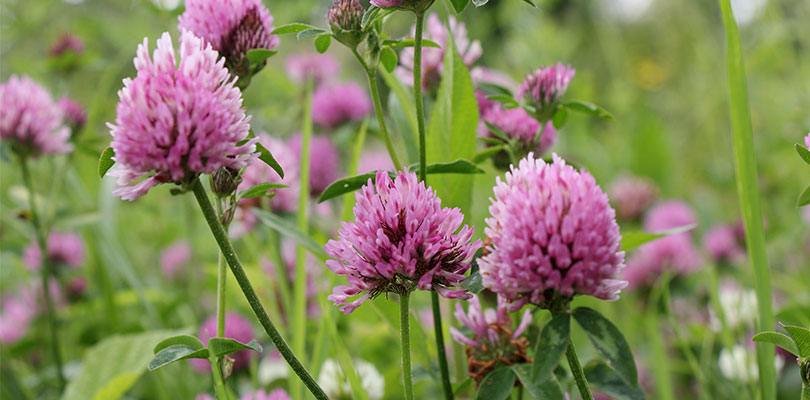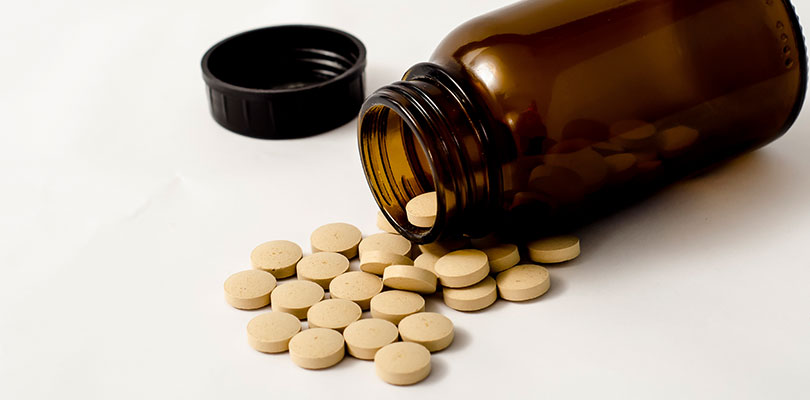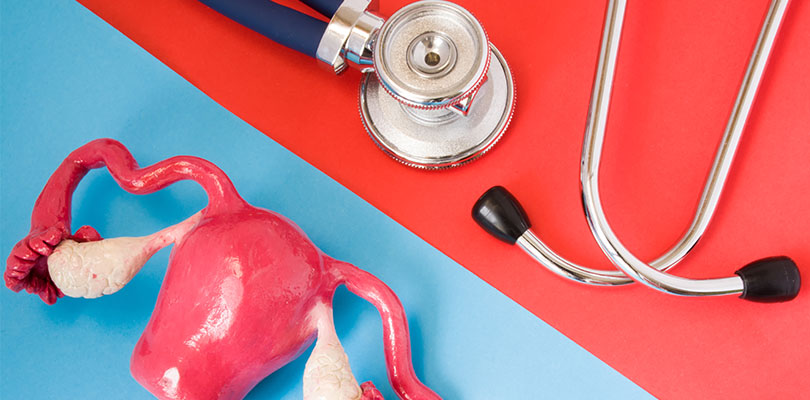
Photo Credit: ivansmuk / istockphoto.com
Red Clover
Like soy, red clover has plant estrogens that may be able to counter hormonal changes during perimenopause and beyond. However, studies have returned mixed results: only one trial has shown any measurable improvement in hot flashes. On the other hand, a 2009 study does suggest that red clover might help to lower cholesterol, which could be useful.
Although research on red clover is limited, side effects seem to be few and mild. Always check with your doctor before adding a supplement, but as long as you have no other health conditions that could interfere, red clover is likely safe for most women to try (in appropriate doses).
Helpful herbs may have a place in your menopause management plan, but don’t rely on any quick-fixes. Menopause is a complex event, and you’ll need a multi-faceted approach to take control over your symptoms. A wholesome, balanced diet and plenty of exercise is the perfect foundation; use other treatments and therapies to complement your routine, not as replacements.
Resources
Health (Can Supplements Ease Menopause Symptoms?)WebMD (Vitamins and Supplements Lifestyle Guide)WebMD (IPRIFLAVONE)WebMD (Natural Treatments for Menopause Symptoms)WebMD (Is DHEA the Next Wonder Drug for Menopause?)WebMD (St. John’s Wort for Depression and Mood)Healthline (B-Well: Why Women in Perimenopause Need B-Vitamins)Parenting through menopause is now a concern for a huge number of women, and there aren’t many manuals to lead you through the treacherous terrain.







